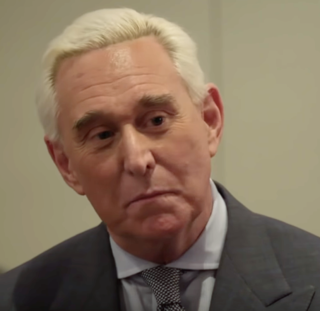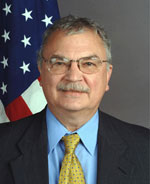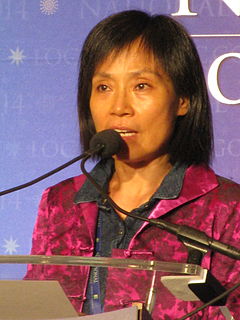A Quote by Donald Trump
I fully understand the One-China policy. But I don't know why we have to be bound by a One-China policy unless we make a deal with China having to do with other things, including trade.
Related Quotes
Ronald Reagan, when he was campaigning for President, said that he would break relations with Communist China and re-establish diplomatic relations with Taiwan. But when he got into office, he pursued a very different policy of engagement with China and of increasing trade and business ties with China.
The policy goal is to persuade China to stop cheating. But here's what's interesting - Donald Trump intuitively understands what things should be. I did a study in 2008 where I estimated the impact of China's unfair trade practices on their competitive advantage - the so-called China Price. You know what it came out to be? Forty-three percent. Forty-three percent - very close to what his intuition said we needed in order to equalize things.
Every time there has been an attempt to disturb it, it led to two things. It led to immediate intense conflict with China, and it led to a reaffirmation in the end, because nobody wanted a major confrontation with China to this principle of a "one China" policy within which Taiwan is finding a place now. Its own position has greatly improved since the Nixon policy. It is richer, it is stronger and it is participating in many international organizations.
We have to fundamentally rethink our trade policy and make it work not for the CEOs of large corporations, but for working people. So, if Trump wants to develop a rational trade policy which demands corporations start investing in this country, rather than China, that's something that we can work on.
During the 1999 debate over Permanent Normal Trade Relations with China President Bill Clinton said, 'In opening the economy of China, the agreement will create unprecedented opportunities for American farmers, workers and companies to compete successfully in China's market. WRONG: Our trade deficit with China has increased from $83 billion in 2001 to a record breaking $342 billion in 2014.































